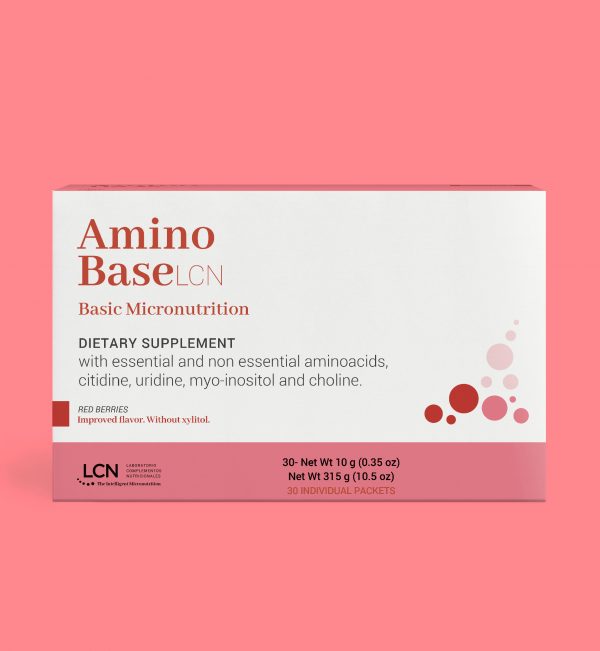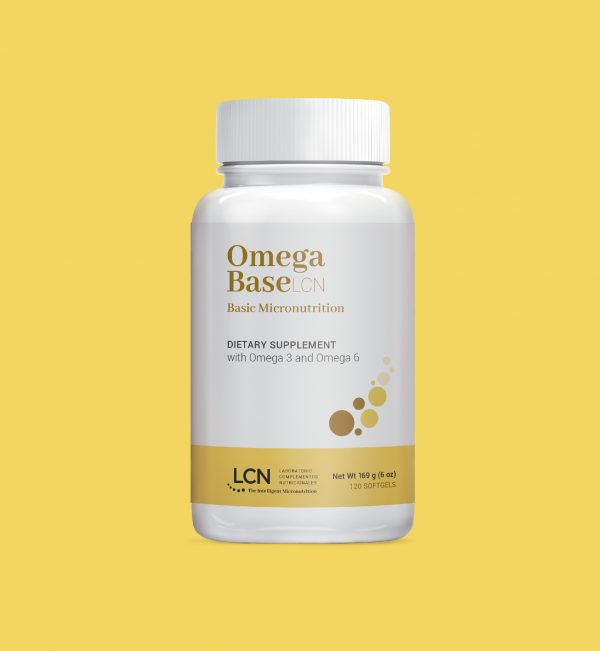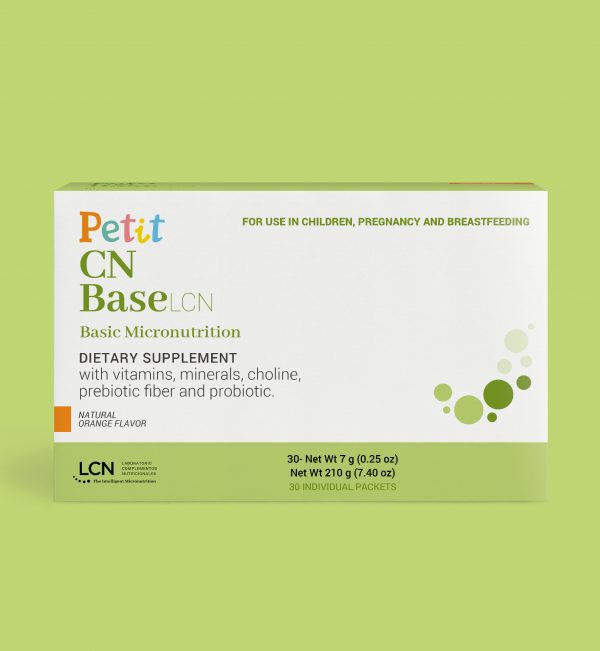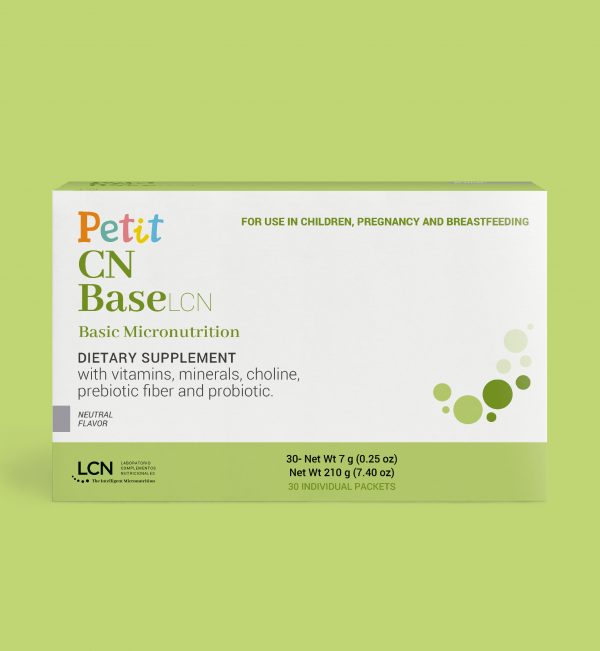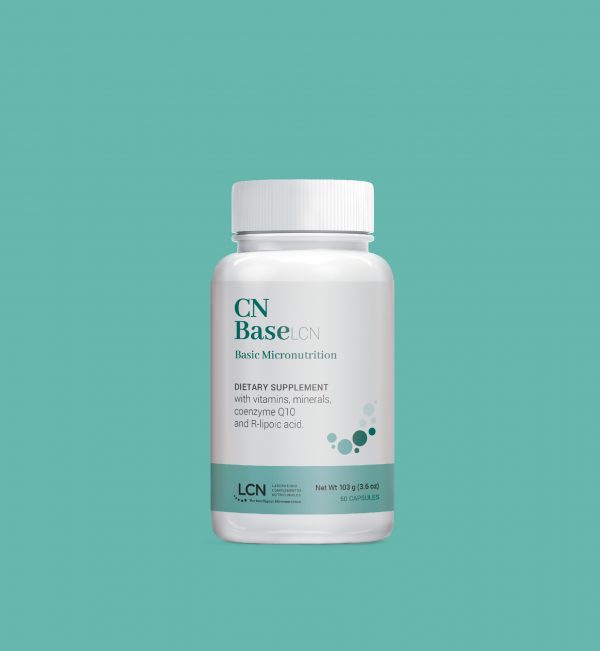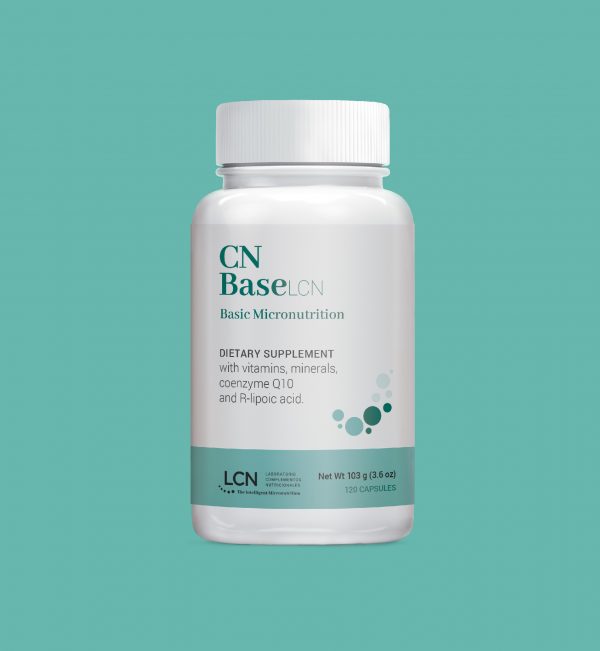Magnesium
What is it?
Magnesium is a vitamin factor and a basic micronutrient
Magnesium contributes to the following:
- Reducing tiredness and fatigue.
- Maintaining the electrolyte balance.
- Normal energy metabolism.
- Normal functioning of the nervous system.
- Normal functioning of the muscles.
- Normal protein synthesis.
- Normal psychological functioning.
- Maintaining bones and teeth in normal condition.
Calcium and magnesium are closely related and should be supplied in the adequate proportions and amounts.
- Calcium, magnesium, potassium, phosphorous, sodium, and vitamin D form a “team” of basic nutrients, with certain levels of each required for them to perform their functions properly in the body.
- Magnesium deficiency is common in the population, mainly among the elderly.
Magnesium supplementation
Magnesium has an excellent safety profile, with no side effects, in the recommended forms and doses.There are different ways of supplementing with magnesium: inorganic salts (such as magnesium oxide) or organic magnesium salts (such as magnesium amino acid chelates or citrate).
In supplements, it is preferable to use magnesium citrate, as it is the most bioavailable salt and has fewer adverse effects, always in combination with calcium and vitamin D3.
Foods with magnesium
The best sources of magnesium are nuts, legumes, quinoa, and green leafy vegetables, as they contain chlorophyll, which is rich in magnesium.
Most foods contain magnesium in small amounts, and only a few contain significant amounts.
Magnesium-rich foods with a low glycemic index include the following: periwinkles, nuts, legumes, chard, spinach, quinoa, and whole oats.
Foods with a high magnesium content include the following:
- Boiled periwinkles (sea snails).
- Nuts of all types and sesame seeds. Almonds, hazelnuts, pine nuts, sunflower seeds, and sesame seeds have the highest magnesium content.
- Legumes: navy beans, chickpeas, soybeans, fava beans, and lentils.
- Chard and spinach, green leafy vegetables.
- Quinoa.
- Whole oats.
- Wholegrain bread.
- Brown rice and wholegrain pasta. Boiling significantly decreases the amount.
- Dark chocolate.
- Coffee substitutes: Eko, malt.
- Wholegrain breakfast cereals.



